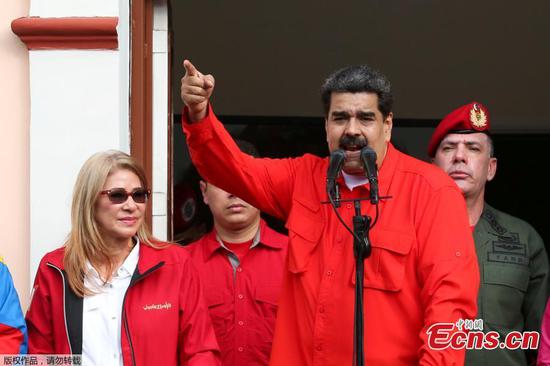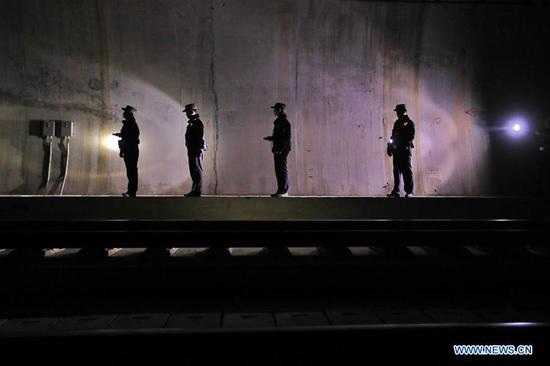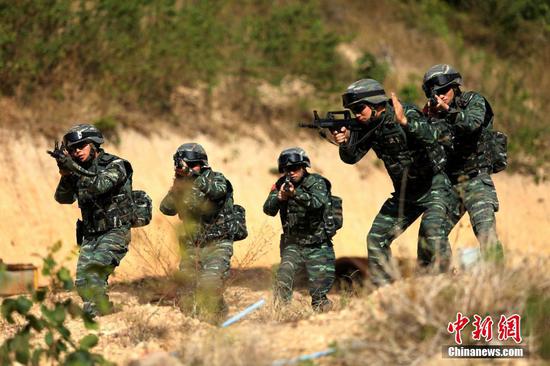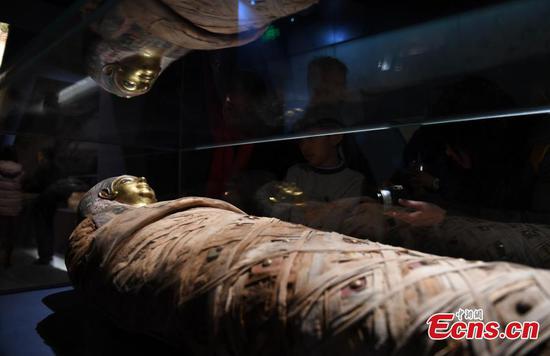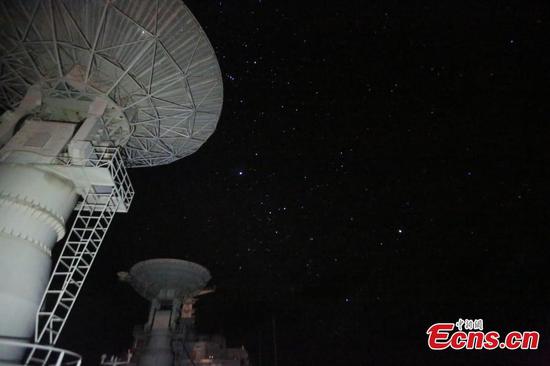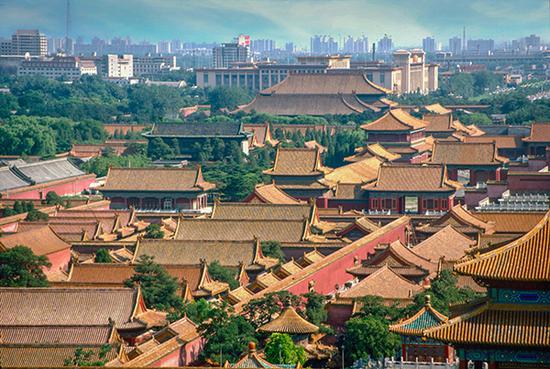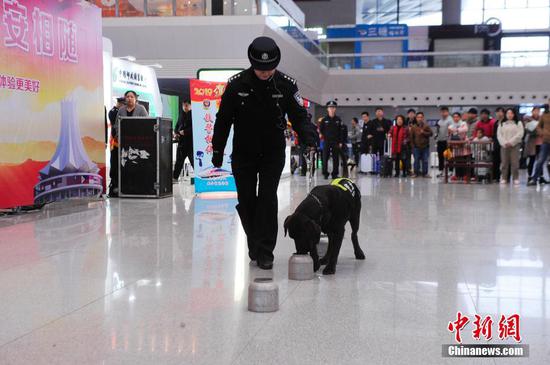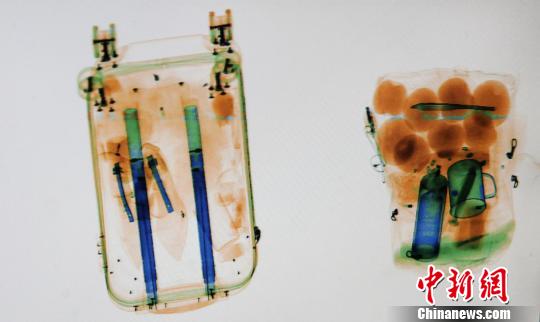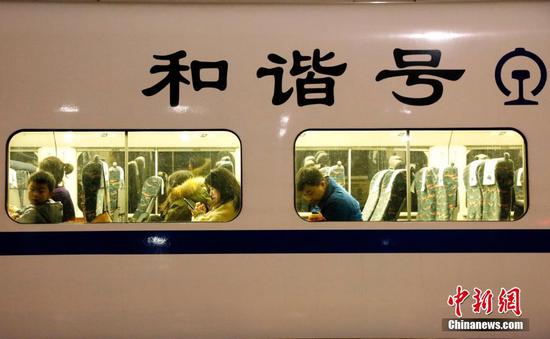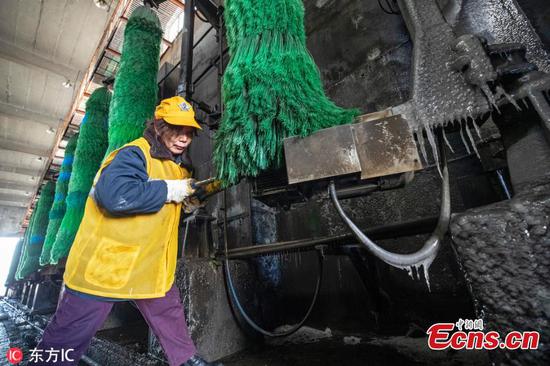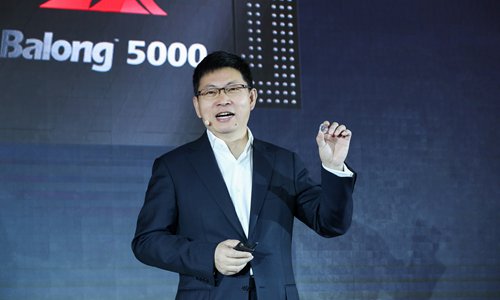
Huawei launched its first 5G modem, called Balong 5000, on Thursday in Beijing. (Photo/Courtesy of Huawei)
Huawei unveils core 5G chipset, secured 30 5G commercial contracts worldwide
China's Huawei Technologies launched the world's first core chip specifically designed for 5G base stations on Thursday in Beijing, securing its leading position for 5G deployments in spite of political pressure.
The chipset, called Tiangang, will support simplified 5G networks and large-scale network deployment around the world, Ryan Ding, the company's executive director of the board and CEO carrier business group, said at a launch event in Huawei's R&D center in Beijing.
The company has now secured 30 5G commercial contracts, over 50 percent of which are in Europe.
The new chipset is claimed to be the first of its kind in 5G industry, with major breakthroughs in integration, computing power and spectral bandwidth, which can be deployed in just half the time it took to install a 4G station. These features will help lower the network deployment costs.
Although some Western countries, which are also allies of the U.S., have been blocking Huawei from participating in 5G construction and deployment for national security reasons, a large part of its commercial contracts have been secured in Europe.
"These concrete business deals further demonstrate its capability of delivering sound and sustainable networks," Xiang Ligang, chief executive of telecom industry news site cctime.com, told the Global Times on Thursday.
The company also launched its first 5G Modem named Balong 5000, which is claimed to the most powerful single-chip that supports different architectures.
The U.S. government has been putting increased pressure on its political allies, including the UK, Germany and Japan, to exclude China's Huawei from their 5G networks since 2018.

















